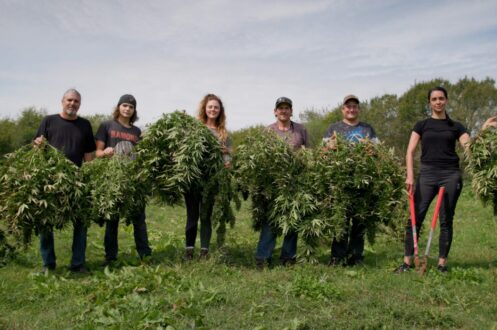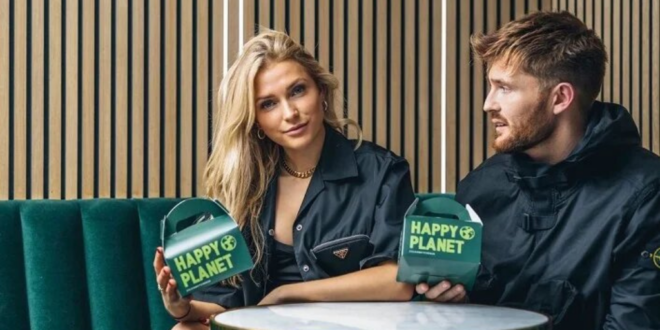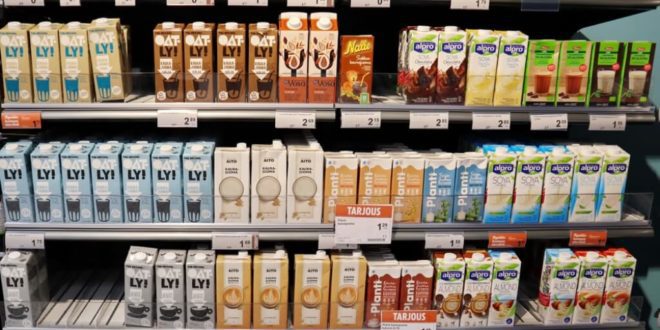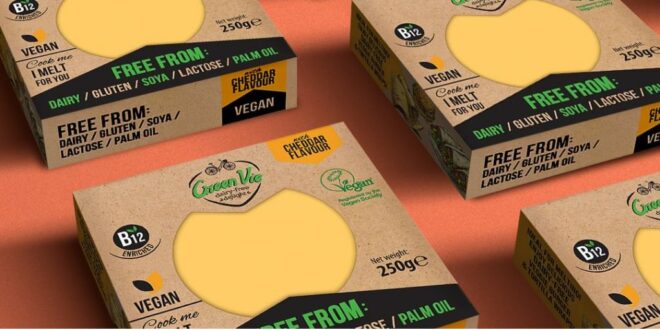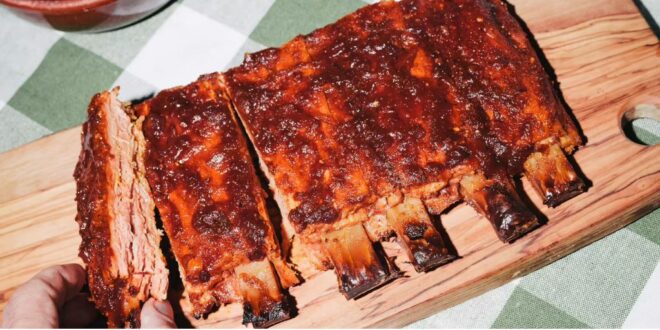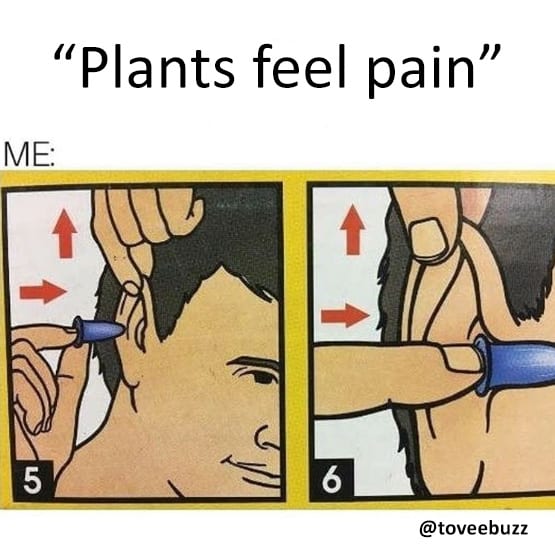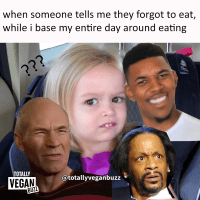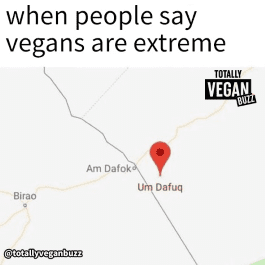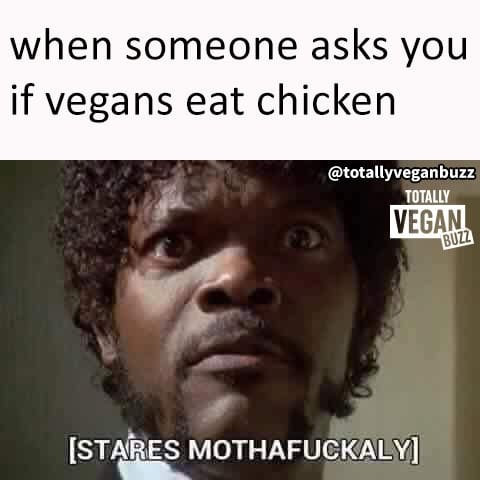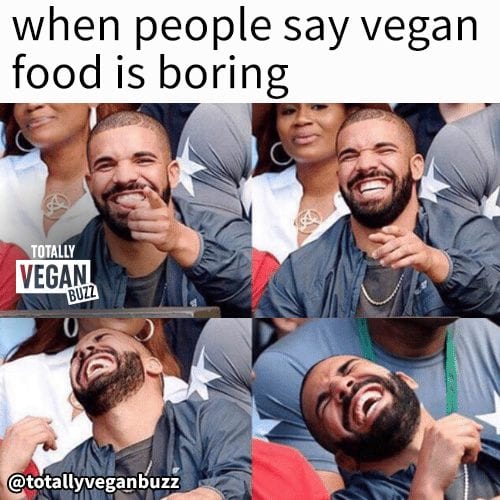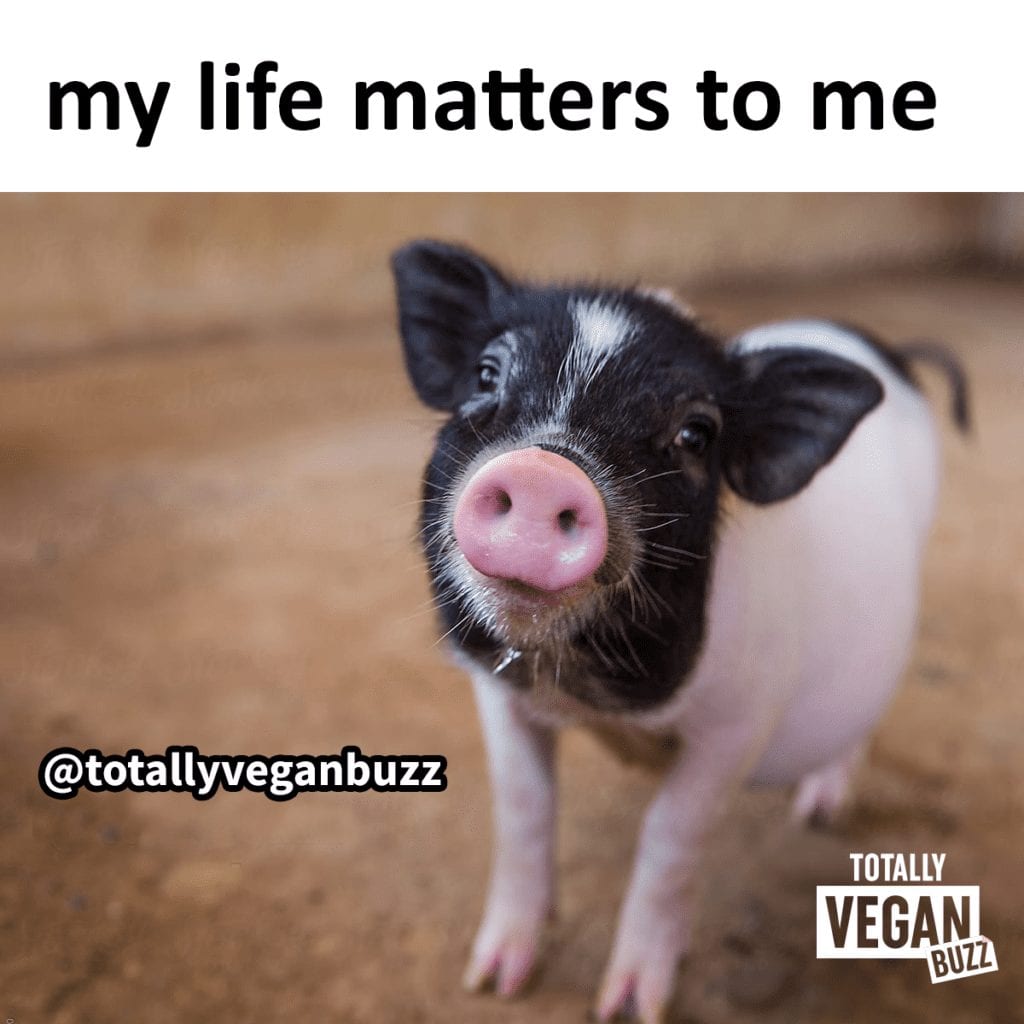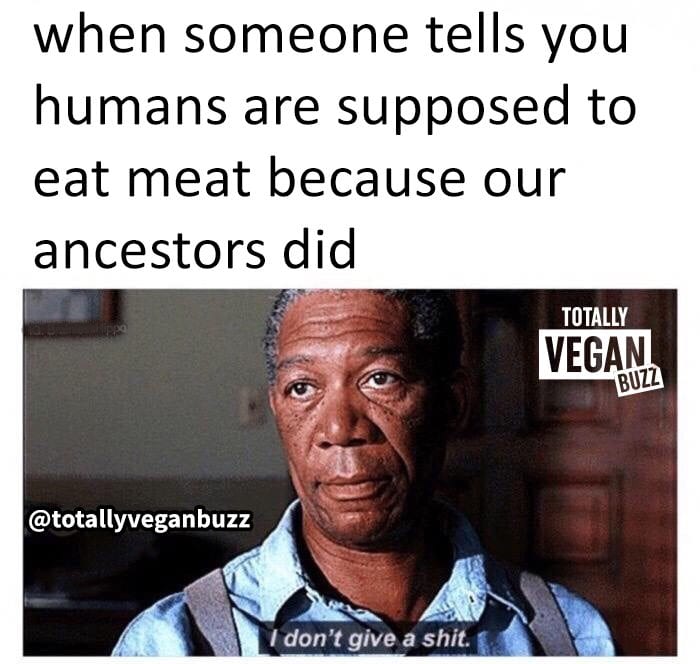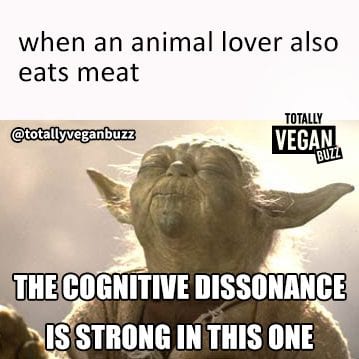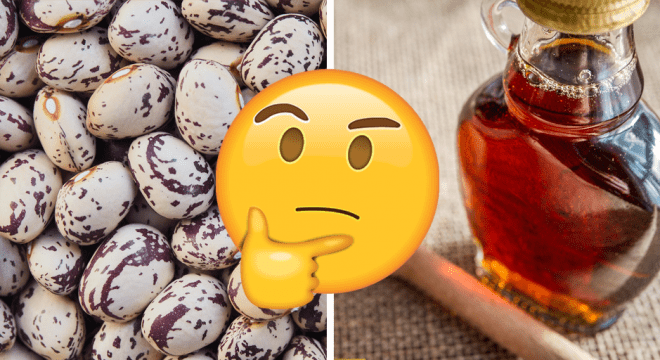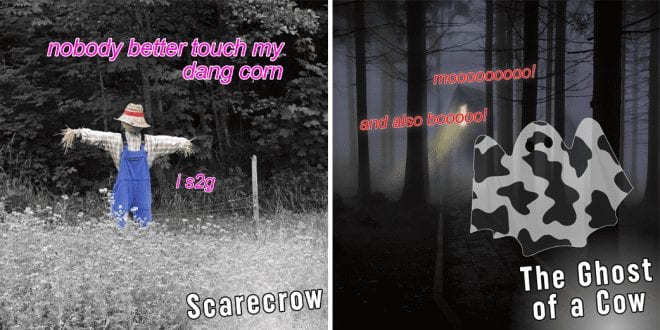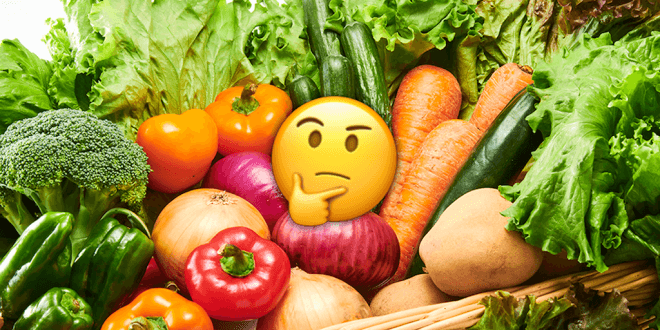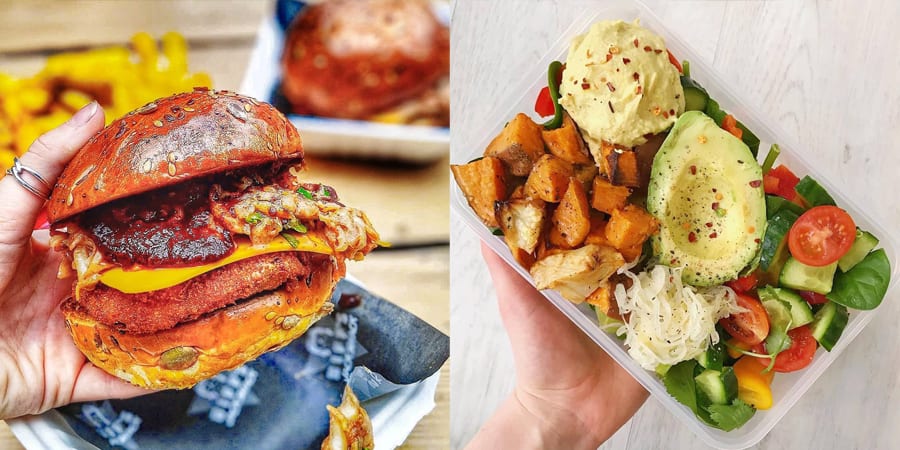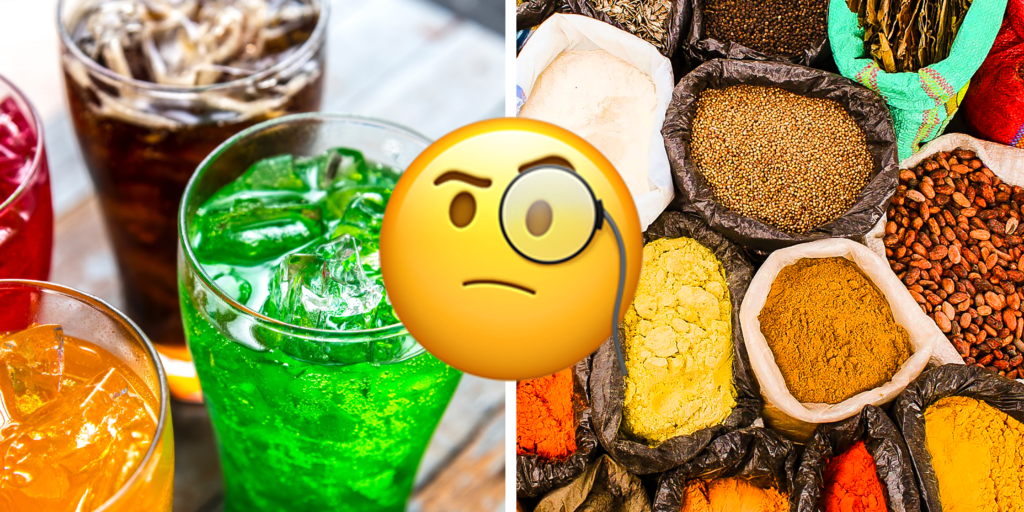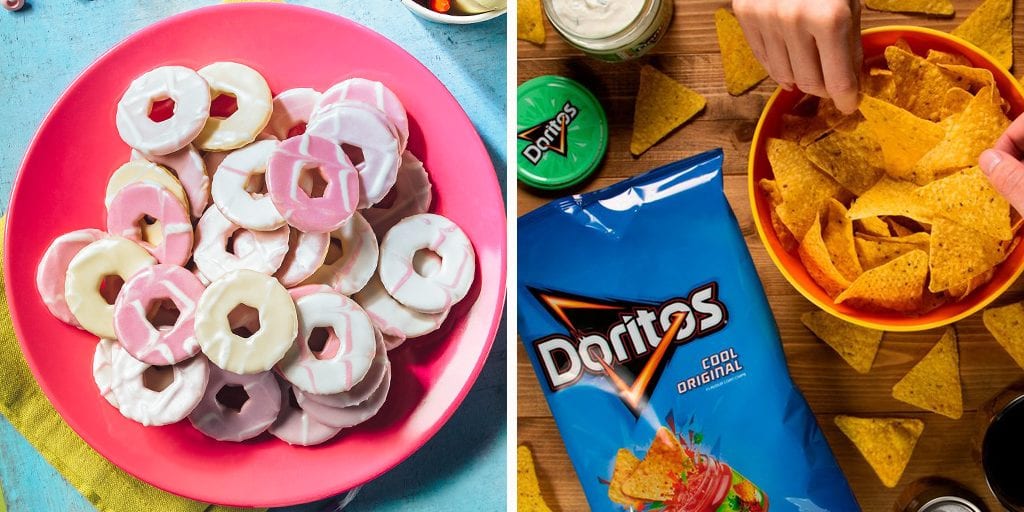
Family relationships may be the biggest driver to convince people to turn vegan, a study by social scientists has found.
The year-long Pathways to Veganism study found that non-vegan relatives are most likely to respond to health messages in the promotion of veganism.
Study
The study questioned omnivores and vegetarians, and aimed to understand how non-vegans perceive veganism and which pro-vegan messages are the most effective.
There was greater engagement with health messages and participants indicated they have already or would in the future pass on health information about veganism.
However, the study suggested the moral position on veganism is more likely to result in a long-term commitment to the lifestyle.
The Vegan Society identified the need for and funded the project, which was developed into a study and carried out by Prof Claire Parkinson, Dr Richard Twine and Dr Naomi Griffin from the Centre for Human-Animal Studies (CfHAS) at Edge Hill University.
Health messages
The study, which was the first of the kind, used a mixed methods approach including an online questionnaire, household interviews and focus groups.
Prof Parkinson said: “The research revealed that non-vegans were more receptive to health messages about veganism than to environmental or ethics messages. It also showed how important family dynamics are in establishing and maintaining food practices.
“It was interesting to find out that celebrity endorsement of veganism was viewed with such a high degree of scepticism by study participants, but our findings also suggested that vegan sportspeople and celebrities are important in challenging stereotypes around vegans’ health and strength.”
Family relationships
Dr Twine added: “Some of the most interesting findings of our study are in the way food practices come to constitute everyday routines which can be resistant to change. Family relations were seen to be both barriers and pathways to veganism.
“It was also interesting to see that vegetarian practice was becoming ‘pulled toward veganism’. Barely any of our vegetarian interviewees only excluded meat from their diet but had also begun to exclude other animal products.”
The following findings will inform The Vegan Society policy, future organisational strategy and research, as well as individual team plans:
The social and family aspects
Large proportions of the sample had friends or family who were vegan (80.1%) and had eaten a vegan meal themselves (83.9%), demonstrating the increased social presence of veganism in contemporary UK life.
Family dynamics are a major pathway to animal product reduction and transition to veganism. Non-vegans who reported they had vegan friends or family had a considerably more positive view of the healthiness of veganism.
Cooking separate meals may lead to conflict in a family setting but it can be overcome by constructing vegan meals as adaptable to other diets and preferences.
Nutrition concerns
Health messages were seen to have greater credibility than the environmental or ethics messages, particularly if coming from respected, independent professional health organisations.
The study found over 84% of non-vegans thought veganism could be a healthy way of eating and the same number did not think that eating meat is essential for a healthy diet. Over 91% did not think that drinking cows’ milk is essential for a healthy diet.
Those who understand veganism well are much more likely to know such a diet is generally healthy. Over 90% of those who rated themselves as having a high knowledge of veganism thought that it could be a healthy way of eating, in contrast to 60% of those who self-rated their knowledge as low.
Barriers to veganism
Some respondents thought becoming vegan could be too much of a challenge, others didn’t want to spend time on making the lifestyle switch, and a number of people worried about finding vegan food options.
The study found that in order to go vegan, people need the knowledge and information about veganism and plant based nutrition; access to the right materials such as vegan food and ingredients and other products; easy and adaptable recipes or a practical meal plan; and have the ability to prepare a vegan meal or knowing what to buy and cook.
Recommendations for practice
The Vegan Society said it was considering the following approaches in future as a result of the study:
– A focus on plant based nutrition, as well as networking with health professionals and the public to communicate the benefits of it.
– Working with health organisations and charities to address the nutrition concerns of people with pre-existing health conditions.
– Including meal plans that are easily adaptable to other tastes and preferences to address some difficult family-related dynamics
– Consider the relationship and family-based context of food practices in pledge schemes.
‘Future campaigns’
Dr Lorna Brocksopp, Research Officer at The Vegan Society, said: “This has been an excellent opportunity for The Vegan Society to be proactively involved in a piece of academic research which will have a direct impact on professional practice.
“The findings will be instrumental in shaping our future campaigns and research directions and it has been a pleasure to collaborate with CfHAS.”
What do you think of this study? Tell us in the comments below!
About The Author
Lifestyle
Vegan culture, food, beauty & more
Is Tobey Maguire vegan? Here’s what we know
- Mohsina Dodhiya
- 17th August 2023
Tobey Maguire often speaks about veganism and animal issues. Tobey Maguire, the actor best known for playing Spider-Man in the Sam Raimi trilogy, is a vegan. He has been a vegetarian since 1992 and became a vegan in 2009. A lifelong commitment to animal rights Maguire’s decision to go vegan was motivated by his love …
Continue reading “Is Tobey Maguire vegan? Here’s what we know”
Plant-based food jobs surge with 32% growth in just 3 months
- Mohsina Dodhiya
- 17th August 2023
The number of open jobs advertised in the plant-based industry increased by almost a third from April to July 2023, GlobalData reported. The plant-based food industry is booming, and this is reflected in the number of job openings in the sector. According to data from GlobalData, the number of open jobs advertised in the plant-based …
Continue reading “Plant-based food jobs surge with 32% growth in just 3 months”
VEGAN MEMES
NEED A LAUGH?
QUIZZES
All the quizzes you love to binge!
QUIZ: If you score 11/12 on this quiz, you’re a verified vegan food expert
- Marlon Farrugia
- 10th January 2020
How much vegan knowledge do you have stored away? Do you have to Google your way through a shopping trip, or do you have all the bad E-numbers memorised? Find out now with this quiz.
QUIZ: What is your perfect Vegan Halloween Costume?
- Marlon Farrugia
- 13th October 2019
Spook Season approaches. There will be ghosts, goblins, ghouls, and glucose. You need a costume, and you want to it to show off your personality, which means VEGAN. But what to choose? Take our quiz to find out your perfect outfit.
QUIZ: What kind of vegetable are you?
- Marlon Farrugia
- 26th September 2019
“If you were a vegetable, what kind would you be?” A question that has tormented humanity throughout the ages – until now. Read: QUIZ: If you score 19/20 on THIS quiz, you’re a Vegan God

